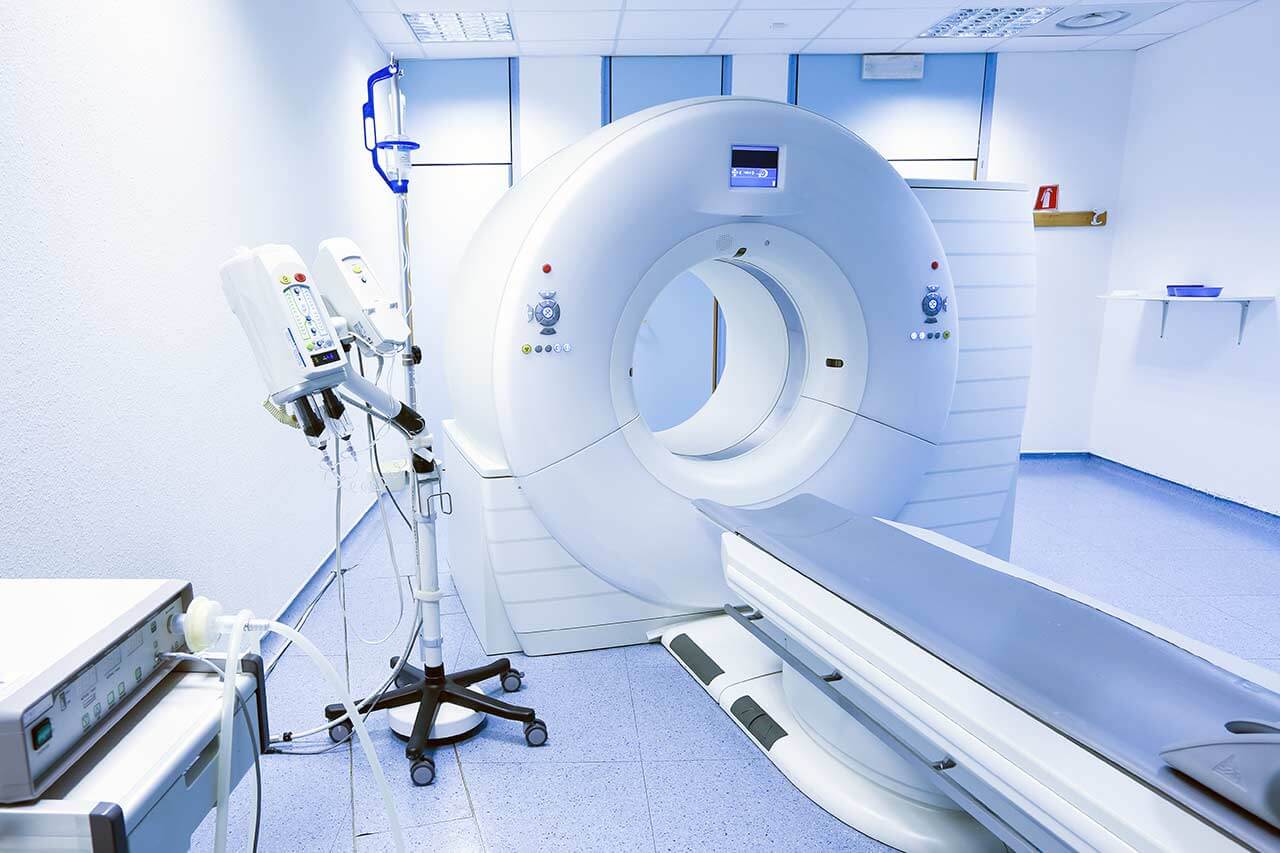
About the National Center for Tumor Diseases (NCT) Heidelberg at University Hospital Heidelberg
The National Center for Tumor Diseases (NCT) Heidelberg offers the full range of diagnostics and treatment of various oncological diseases. Since its foundation in 2004, the center has gained a reputation of one of the leading in Germany. The center is headed by Prof. Dr. med. Dirk Jäger.
The center is supported by the German Cancer Research Center (DKFZ) and the German Cancer Aid (Deutschen Krebshilfe). The center treats about 60,000 patients from 45 countries every year. Thanks to the outstanding research activities, the department has the very latest therapeutic opportunities that save lives for thousands of people.
To provide the best, individualized medical care, the center regularly hosts tumor boards, within the framework of which the specialists jointly consider the case of each patient and make the best decision on the treatment strategy. Attention is also paid to the follow-up care of patients in order to avoid recurrence of the pathology. Since cancer diagnosis is a huge emotional shock, social workers and psychologists actively work with patients. A huge advantage is the opportunity to participate in clinical trials of innovative drugs, treatment techniques, which often help to achieve positive results.
The center specializes in the diagnostics and treatment of the following malignancies:
- Acute leukemias
- Chronic lymphocytic leukemia
- Amyloidosis
- Pancreatic tumors
- Connective tissue tumors (sarcomas)
- Bladder, prostate and kidney tumors
- Intestinal tumors
- Brain tumors
- Breast cancer
- Cancer of the female reproductive system
- Skin tumors
- Head and neck tumors
- Liver and biliary tract tumors
- Lung tumors
- Lymphomas
- Stomach and esophageal tumors
- Multiple myeloma
- Myelodysplastic syndrome
- Myeloproliferative diseases
- Neuroendocrine tumors
- Pediatric tumors
- Other oncological diseases
The therapeutic options of the center:
- Radiation therapy
- Drug therapy
- Chemotherapy
- Target therapy
- Immunotherapy
- Surgical removal of tumors and metastases (in collaboration with the specialized departments)
- Clinical trials
- Follow-up and patient care
- Other treatments
Curriculum vitae
- 1998 - 2000 Postdoctoral Fellowship (Cancer Research Institute), Cornell Medical Center: "Identification and characterization of tumor-associated antigens in melanoma and breast cancer using the SEREX approach" (Y.T-. Chen).
- 2000 - 2003 Group Leader of the Antigen Discovery Program at the Hospital Nordwest, Frankfurt (Director: Alexander Knuth).
- 2003 - 2005 Attending Physician at the Department of Oncology, University Hospital Zurich, Switzerland (Director: Alexander Knuth), Leader of the Laboratory for Tumor Immunology, Coordinator of the Clinical Trial Center Zurich as part of the Ludwig Institute for Cancer Research.
- 2005 Director of the Department of Medical Oncology, National Center for Tumor Diseases, University Hospital Heidelberg.
- 2006 Official Affiliation with the Ludwig Institute for Cancer Research.
Activities in the Scientific Communities, Honors, Awards
- 1998 Rose-Marie-Finnell Memorial Fellowship for Breast Cancer Research.
- Since 2000, Member of the Antigen Discovery Program, Cancer Research Institute, New York and Ludwig Institute for Cancer Research, New York.
- 2001 AVON Award for Breast Cancer Research, Cancer Research Institute, NY.
- 2006 Investigator Award, Cancer Research Institute, New York.
Research Fields
- Analysis of spontaneous interactions of the immune system in developing tumors.
- Identification and characterization of tumor-associated antigens in different tumor types as potential targets for immunotherapy approaches using a serological cloning strategy (SEREX).
- Characterization of tumor-associated antigens and validation for T-cell based as well as antibody based therapies.
- Functional characterization of tumor-associated antigens: implications for therapeutic strategies.
- Evaluation of potential target antigens in clinical trials (antibodies, vaccines).
- Analysis of spontaneous humoral and cellular immune responses in cancer patients as potential prognostic and diagnostic markers in different tumor types.
Photo: (с) depositphotos




